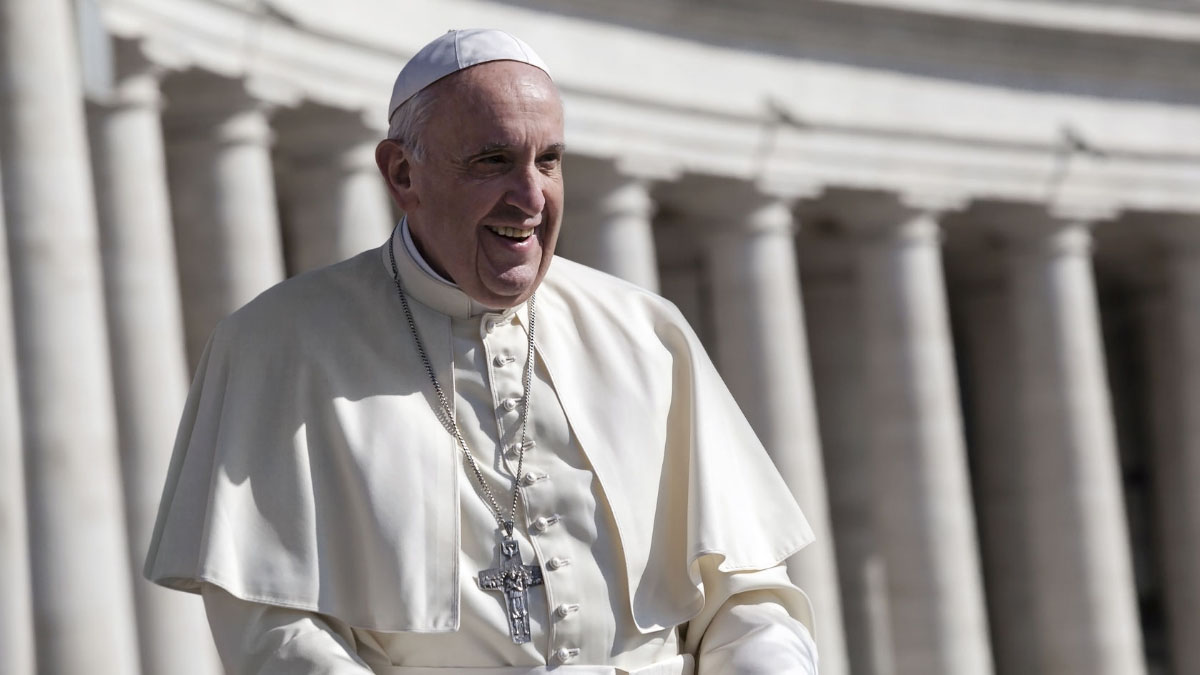Pope Francis made waves 2-1/2 years ago when he published his bold and earnest encyclical Laudato si’, which tackles the crucial issue of how we can uplift the lives of the poor. Since then the pope has continued to raise numerous questions regarding free-market capitalism and to call for increased government powers to end poverty. In the process, he has also invited an open dialogue about how best to address these difficult and complex problems—a welcome opportunity for a worldwide discussion to develop promising solutions.
It is important that the dialogue the pope initiated during his recent tour of Peru and Chile, about the values and methods of poverty alleviation, not overlook basic facts. In this realm, economists have much to offer His Holiness and people of goodwill from every creed who aspire to a more prosperous, more humane world, as my colleagues and I explain in our recent book, Pope Francis and the Caring Society.
First is the factual issue of global poverty trends. Fortunately, and contrary to the pope’s suggestion, absolute poverty is actually not a growing problem, but a diminishing one.
For almost four decades, economists at the World Bank have analyzed global levels of extreme poverty, now defined as earnings of less than $1.90 per day. When it began its tracking in 1981, an estimated 42% of the world’s population was still living in severe poverty. In 2015, however, it announced that the extreme poverty rate had dropped below 10% for the first time in history. More than one billion people have escaped extreme poverty since 1990.
The greatest beneficiaries of the Great Escape have been people in South Asia and East Asia and the Pacific regions, particularly in China, India and Indonesia. It is no coincidence that poverty had fallen the most in countries that have adopted more market-friendly reforms.
The link between economic freedom and a higher standard of living has long been established in the economic literature. This finding is the second important fact so relevant to making sustainable progress on poverty alleviation and social advancement.
Free-market capitalism, by which we mean a system where voluntary exchange and private-property rights are vigilantly protected, offers greater opportunity for people to improve their lot by working their way up the economic ladder, including starting their own businesses. The resulting increased wealth, in turn, gives people greater ability to be more generous in their giving. Economic freedom need not turn people into “monsters”; it has and will enable them to be generous in new and powerful ways.
By contrast, coercive wealth redistribution provides a strong disincentive to work, to innovate, to create jobs, and to share the resulting gains with the charitable works to address those most in need.
Private charitable giving, it turns out, tends to be much more efficient and effective than government welfare programs funded with confiscatory taxes. One reason is that private charities often compete for donor dollars and to succeed must demonstrate positive results, whereas government programs are funded based not on effectiveness of outcomes but on political pull.
Regardless of results, governments tend to be plagued by administrative waste that significantly diminishes the amount of funding actually devoted to the poor. The welfare state also goes hand in hand with the regulatory state, which directly impedes economic progress, job creation, and poverty alleviation.
Pope Francis is most certainly right when he calls for us all to work on creating a more caring world, especially to help those most in need, but government interventions that sustainably reduce poverty are the exception to the rule.
At a time when even modest market-based reforms in many of the world’s most repressive nations have made historic progress in helping the poor lift themselves out of poverty, let us then continue on the benevolent path to alleviate poverty by offering people the freedom to create—and voluntarily share—their increased prosperity.
As Francis has well noted, we need to repurpose our lives to enable people worldwide to realize human dignity and well-being.












